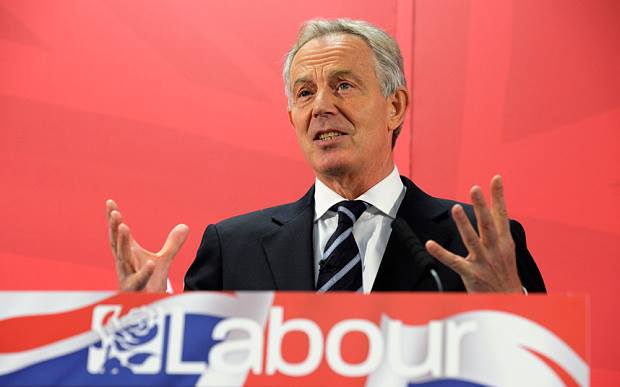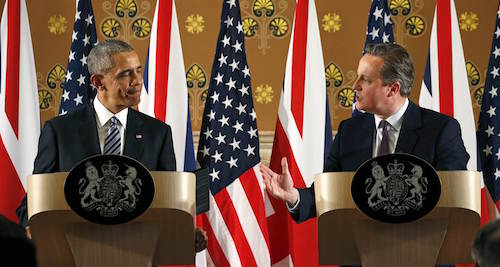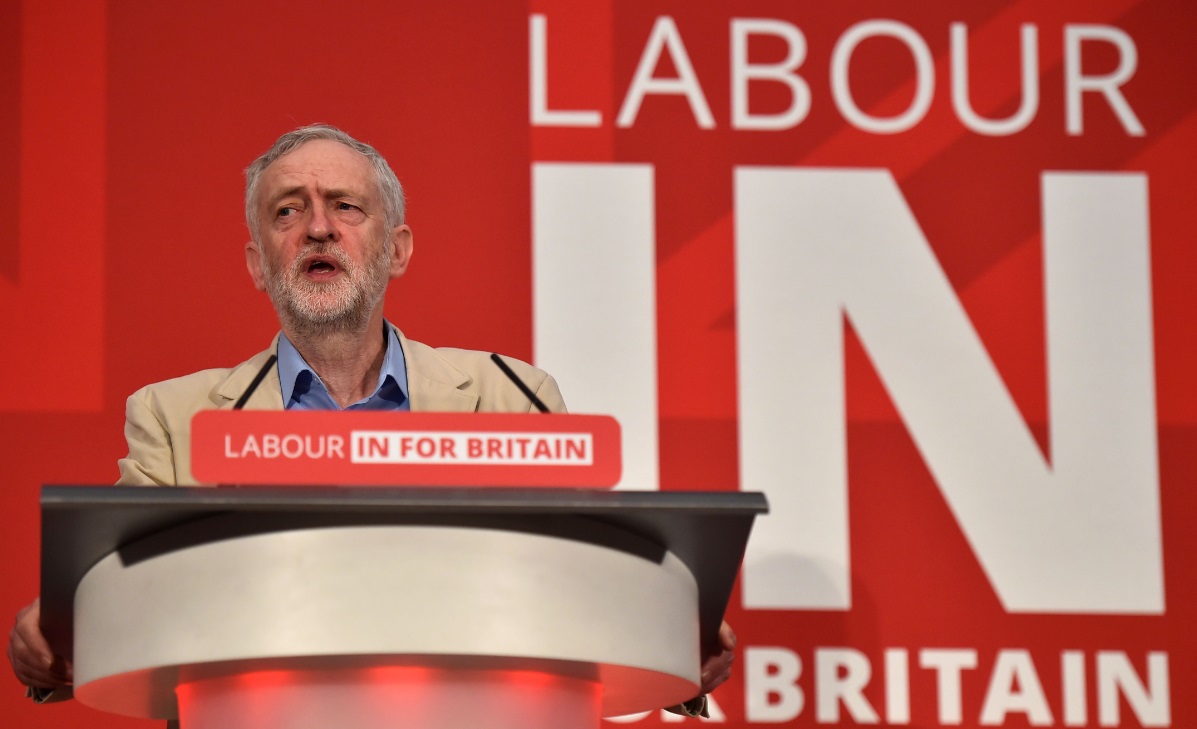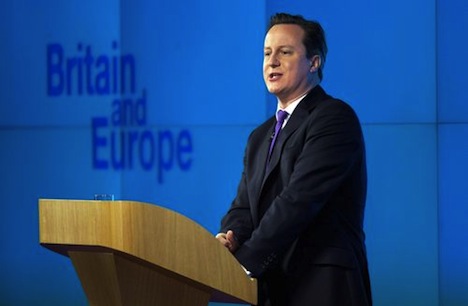
The most notable thing about former British prime minister Tony Blair’s sudden reappearance in the United Kingdom’s domestic politics, with just under a month to go until a general election, is that no one particularly noticed his absence from domestic political matters.
Unlike former US president Bill Clinton, who has balanced his financial and philanthropic activities with lingering, widespread popularity on the American political scene, Blair’s popularity diminished after he left 10 Downing Street. Still well-regarded abroad, Blair has offered his consulting services to leaders from Albania to Kazakhstan, and he’s become a wealthy man in the process, a much more controversial proposition for a former British prime minister than a former US president. Blair suffers further by contrast to his successor, Gordon Brown, who quietly receded from public view when he lost the premiership in 2010, resurfacing only to promote a dense policy book or to campaign full-heartedly against Scottish independence. There’s a sense that Brown hasn’t ‘cashed out’ the way that Blair did.
Though current prime minister David Cameron has attempted to blame both Blair and Brown for wasteful government spending as a prelude to his own government’s budget cuts, it is Blair’s role in the US-led invasion of Iraq that haunts his legacy. Blair only recently left his position as an envoy for the Middle East ‘quartet’ (the United States, the United Nations, the European Union and Russia), where his impact in the region has been negligible at best. Despite high hopes when he assumed the role shortly after leaving office, Blair is unlikely to lead any grand gestures in the Middle East.
* * * * *
RELATED: Analyzing the British leaders’ debate
RELATED: Scotland could easily hold the balance of power in Britain
* * * * *
Blair rode to victory in May 1997 on a landslide wave proclaiming the arrival of his center-oriented ‘New Labour.’ Though he capitalized then on a popular, youthful image, he is largely reviled in Great Britain today, as Sarah Ellison wrote in a scathing Vanity Fair profile earlier this year:
A man with aspirations to global leadership—even to global moral leadership—is now regarded by many of his countrymen as a shill for big corporations and deep-pocketed and dubious regimes. In terms of personal wealth, Blair is said to be worth an estimated £100 million ($150 million), a figure he denies. Today, Blair rarely makes public appearances in London. In 2010, he canceled a book party to celebrate the publication of his memoir, A Journey: My Political Life, to avoid the inevitable protests. Blair wasn’t invited to the wedding of Prince William and Kate Middleton in 2011. Last January, a London waiter attempted a citizen’s arrest of Blair for alleged war crimes arising from the invasion of Iraq.
Last month, two Labour candidates actually refused to accept £1000 donations from Blair, who had pledged £106,000 to candidates in marginal seats.
When Blair surfaced in domestic politics at all, it was usually to snipe at his successor as Labour Party leader, Ed Miliband, whose leadership campaign narrowly defeated his brother, David Miliband, the more Blairite alternative. As recently as January, Blair was obliquely warning Miliband to run to the center in advance of the May 7 general election, via an interview with The Economist: Continue reading Blair role virtually non-existent as UK campaign heats up →

![]()
![]()






